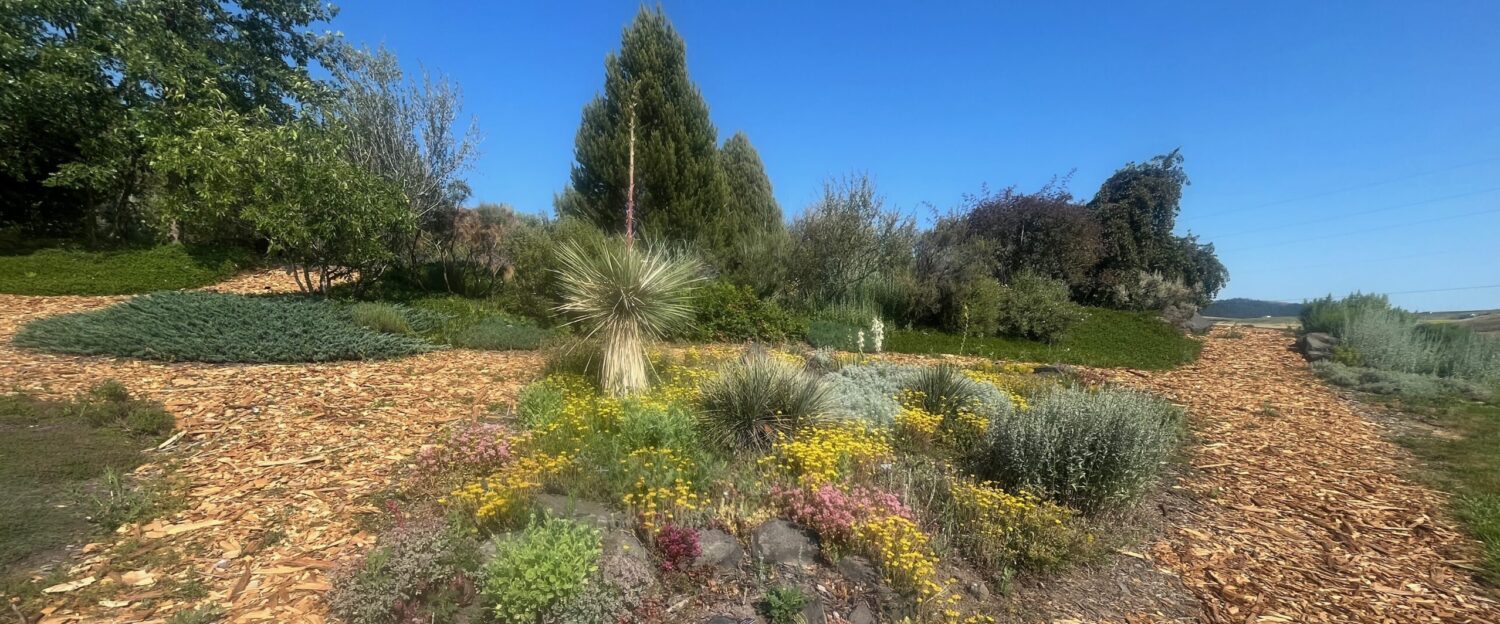One of the members of my dissertation circle is working out a thesis that reconceives of historical fiction in terms of space, or topos, identifying, for example, wild spaces (the typically sublime space of fairy tales) as unexamined settings for historical fiction. I became troubled as I commented on his work, not knowing when, if, or how to draw the boundaries between historical fiction and other genres (“genre” itself problematic). My question ultimately became: when is fiction NOT history?
My own dissertation (the focus of which evidently changes every week) has recently taken a turn toward the examination of “character”–inspired in the main by Victorian installations of what I consider exemplary sympathetic virtures among the working class, i.e. Samuel Weller, Stephen Blackpool, and Bob Jakin. By “character” I also mean the very representation and formation of human qualities in literature–the accumulation of behaviors, speeches, and descriptions that result in the “character.” What then is the relationship between this character and a “real” human being? E.M. Forster addresses this question in Aspects of the Novel, citing the French critic Alain (?):
Alain examines in turn the various
forms of aesthetic activity, and coming in time to the novel (le roman)
he asserts that each human being has two sides, appropriate to history
and fiction. All that is observable in a man–that is to say his
actions and such of his spiritual existence as can be deduced from his
actions–falls into the domain of history. But his romanceful or
romantic side (sa partie romanesque ou romantique) includes ‘the pure
passions, that is to say the dreams, joys, sorrows and self-communings
which politeness or shame prevent him from mentioning’; and to express
this side of human nature is one of the chief functions of the novel”
(73).
Thus, the human exists,
on the one hand, as a “historical” figure whose gestures and speeches can
be visibly / audibly recorded and communicated and, on the other hand, as a
“fictitious” character who possesses a world entirely internal and
hidden, only capable of release via the art of the novel. Likewise, if we consider a character in a novel to be a “real human,” heorshe could also be said to possess this layered nature. But wait, in the novel we have the benefit of narration to provide access to the hidden and invisible world of the human. Now my question is: how can I turn my life into a novel?
